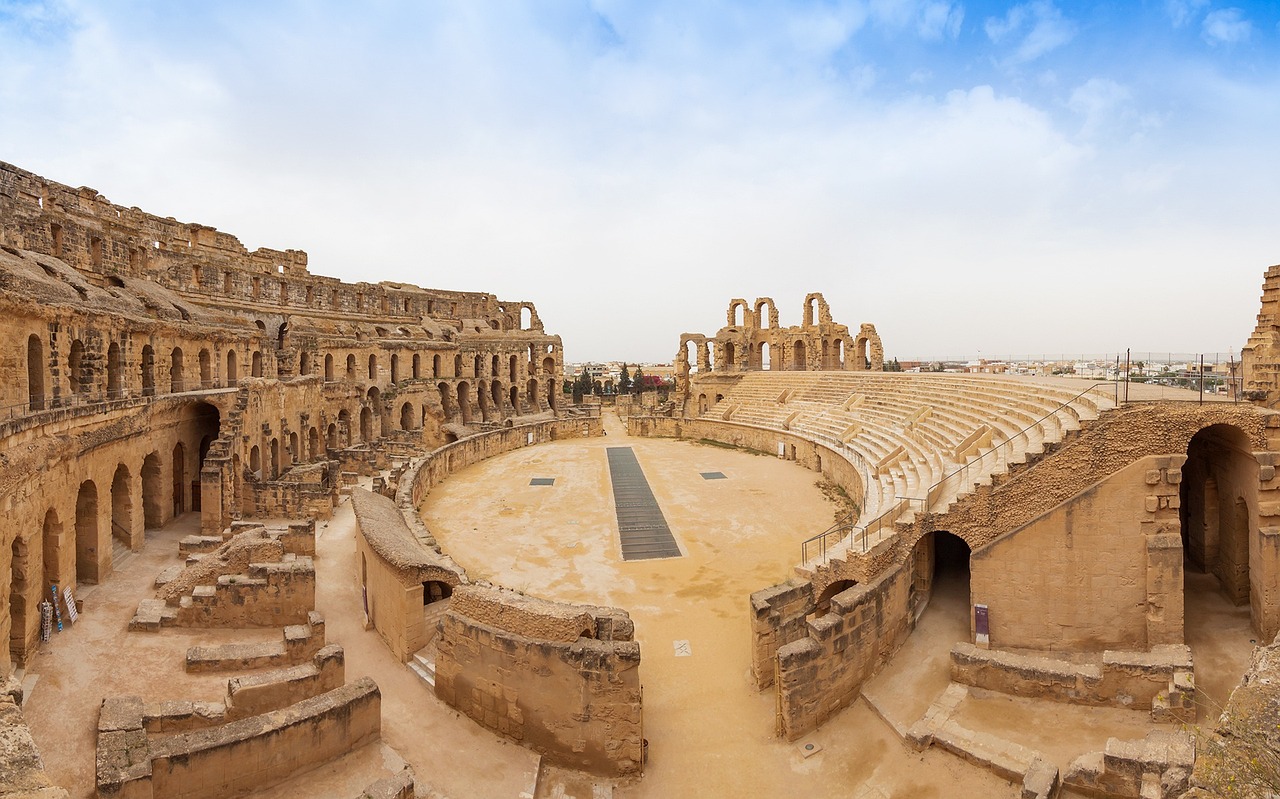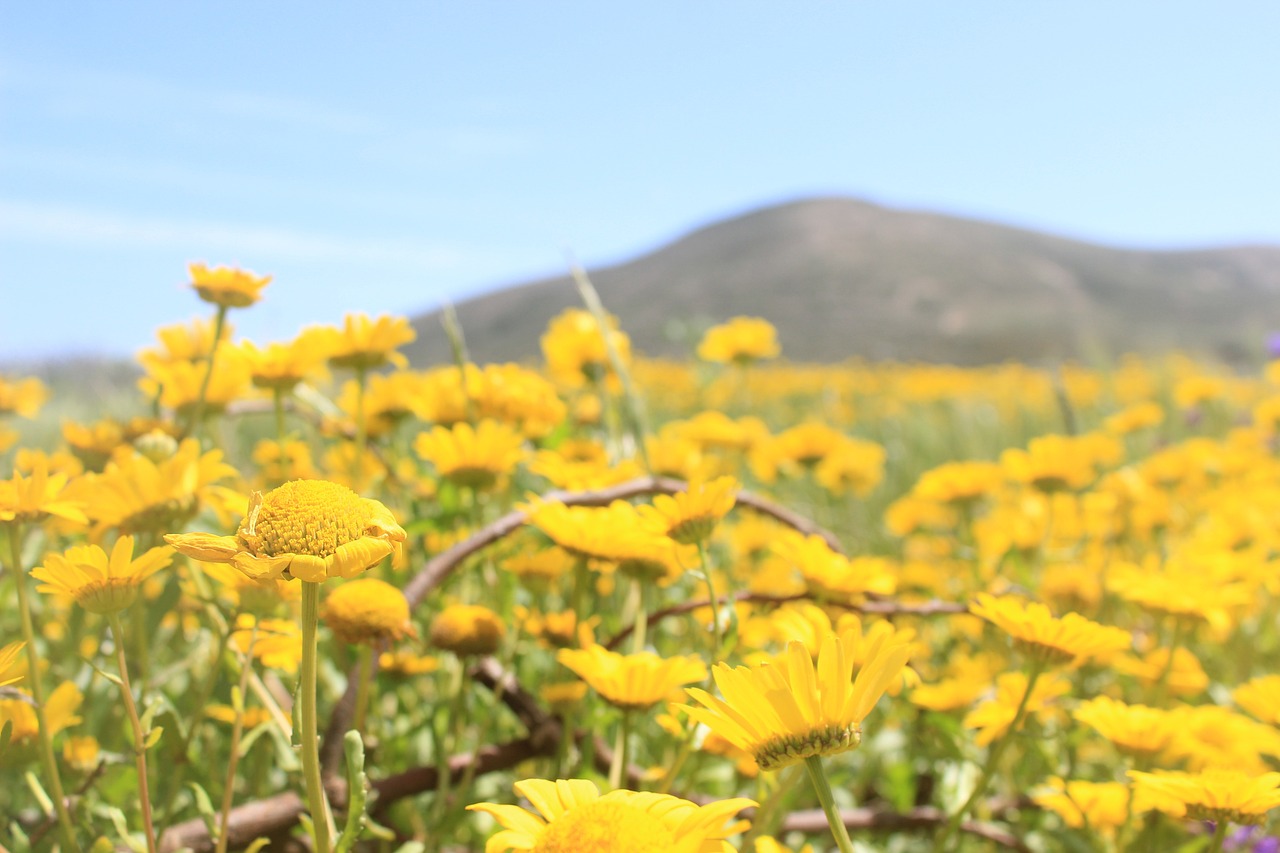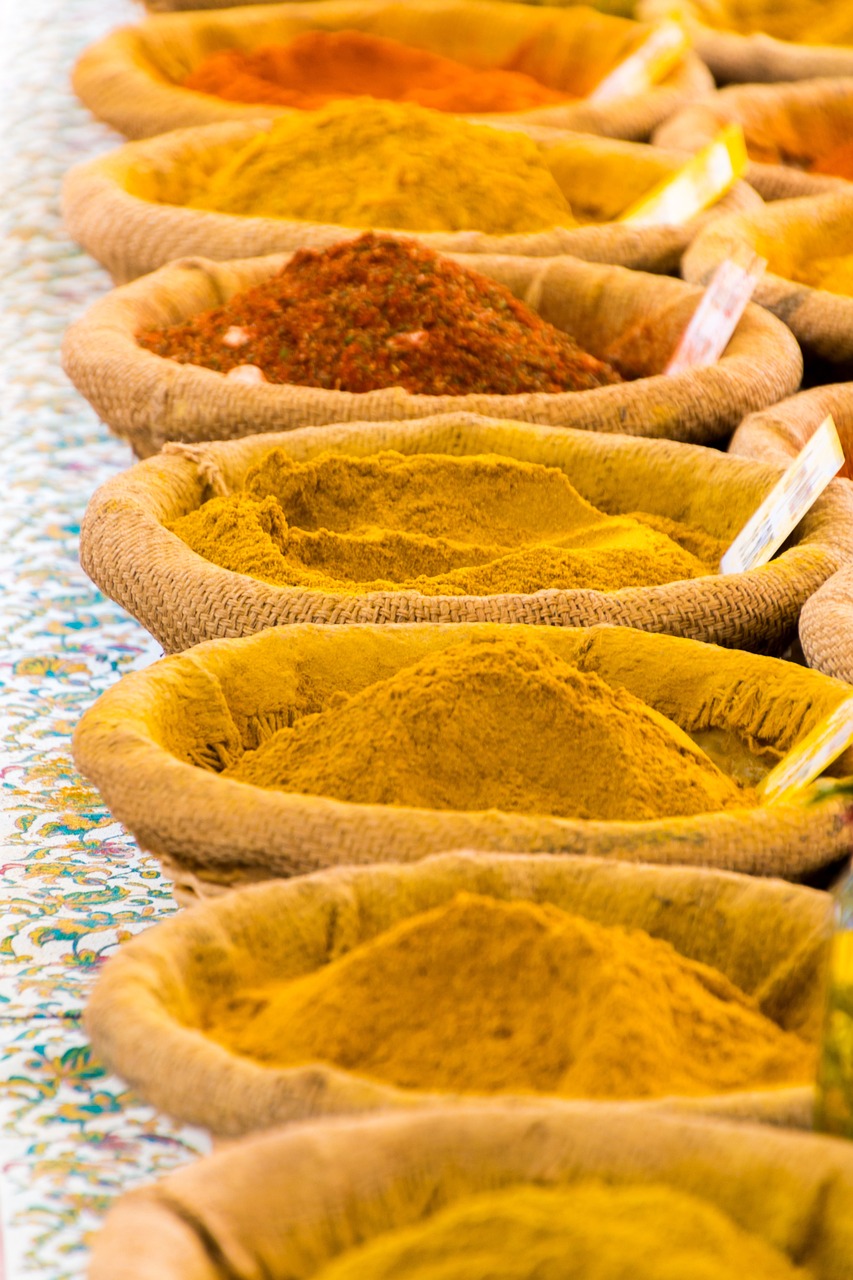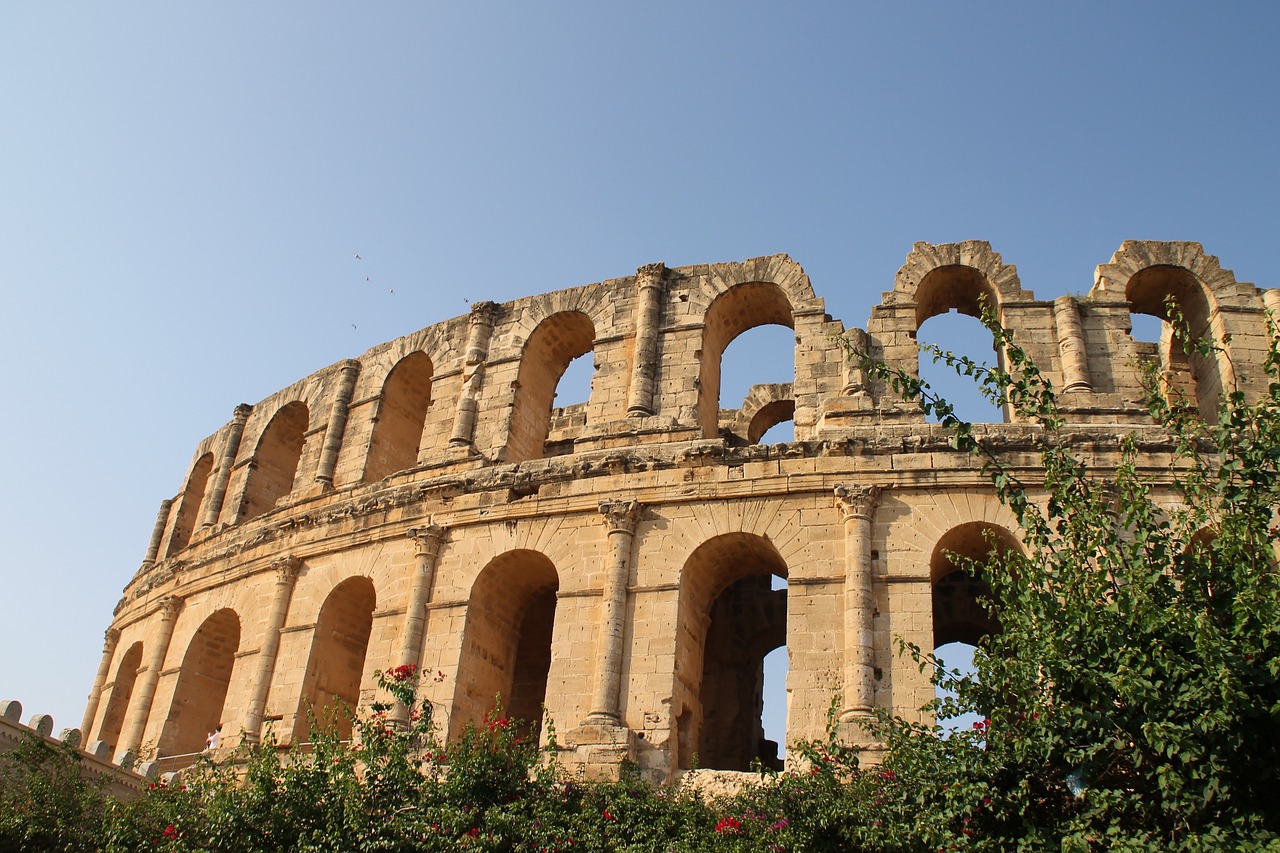Banking and Financial Services for Nomads in Tunisia
Tunisia is a beautiful country located in North Africa, known for its rich history, stunning landscapes, and vibrant culture. For nomads who choose Tunisia as their temporary or permanent home, it’s important to have access to reliable banking and financial services. In this article, we will explore the different banking options available to nomads in Tunisia and provide detailed information on how to manage your finances while living in this fascinating country.
Section 1: Introduction to Banking in Tunisia
Tunisia has a well-developed banking sector that offers a wide range of services to both residents and non-residents. The Central Bank of Tunisia, known as Banque Centrale de Tunisie, regulates the banking industry and ensures the stability of the financial system. The country’s banking sector is composed of both local and international banks, providing a variety of options for nomads in need of banking services.
- Opening a Bank Account: To open a bank account in Tunisia, you will need to provide certain documents such as a valid passport, proof of address, and a residency permit if applicable. Different banks may have specific requirements, so it’s advisable to contact the bank of your choice in advance to inquire about their account opening process.
- Types of Bank Accounts: Tunisian banks offer various types of bank accounts to cater to different needs. These include current accounts, savings accounts, foreign currency accounts, and term deposit accounts. Each account type has its own features and benefits, so it’s important to choose the one that aligns with your financial goals.
- Online Banking: Most Tunisian banks provide online banking services, allowing you to conveniently manage your finances from anywhere in the world. With online banking, you can check your account balance, transfer funds, pay bills, and even apply for loans or credit cards.
- ATMs and Cash Withdrawals: ATMs are widely available in Tunisia, especially in urban areas. You can use your debit or credit card to withdraw cash in Tunisian dinars. It’s advisable to notify your bank about your travel plans to ensure that your card is not blocked for security reasons.
- Mobile Banking: Mobile banking has gained popularity in Tunisia, allowing users to perform banking transactions using their smartphones. Many Tunisian banks have developed mobile apps that offer features such as balance inquiries, funds transfers, and bill payments.
Section 2: Local Banking Institutions
Tunisia is home to several local banks that provide a wide range of financial services to residents and non-residents alike. These banks offer personalized customer service and have a strong presence throughout the country. Here are some of the prominent local banking institutions in Tunisia:
- Banque de Tunisie: Banque de Tunisie is one of the oldest and most reputable banks in Tunisia. It offers a comprehensive range of banking services, including retail banking, corporate banking, and investment banking.
- Banque Nationale Agricole: As the leading agricultural bank in Tunisia, Banque Nationale Agricole specializes in providing financial services to the agricultural sector. It also offers a wide range of banking services to individuals and businesses.
- Banque de l’Habitat: Banque de l’Habitat focuses on providing housing finance solutions, including mortgage loans and real estate financing. It also offers traditional banking services such as savings accounts and personal loans.
- Banque Zitouna: Banque Zitouna is Tunisia’s first Islamic bank, adhering to the principles of Islamic finance. It offers a range of Sharia-compliant banking products and services, catering to the needs of the Muslim population.
Section 3: International Banking Options
In addition to local banks, Tunisia also has branches of several international banks, providing nomads with access to global banking services. These banks offer a wide range of financial products and services, including international money transfers, foreign currency accounts, and investment opportunities. Here are some of the international banks operating in Tunisia:
- HSBC Tunisia: HSBC is a well-known international bank with a presence in Tunisia. It offers a range of banking services, including personal banking, commercial banking, and wealth management.
- Standard Chartered Tunisia: Standard Chartered is another international bank that operates in Tunisia. It provides various financial services, including retail banking, corporate banking, and treasury services.
- Banque Internationale Arabe de Tunisie: Banque Internationale Arabe de Tunisie is a subsidiary of Arab Banking Corporation and offers international banking services to individuals and businesses.
Section 4: Currency Exchange and Foreign Transactions
When it comes to currency exchange and foreign transactions, Tunisia has a well-established system in place. Here are some key points to keep in mind:
- Official Currency: The official currency of Tunisia is the Tunisian dinar (TND). It is advisable to exchange your foreign currency into Tunisian dinars at authorized exchange offices or banks to get the best exchange rates.
- Foreign Exchange Regulations: Tunisia has certain regulations regarding foreign currency transactions. It is important to comply with these regulations to avoid any legal issues. Make sure to declare any amount above a certain threshold when entering or leaving the country.
- International Money Transfers: Sending and receiving money internationally is relatively easy in Tunisia. Banks and money transfer operators offer services for international money transfers, allowing you to send or receive funds from abroad.
Tunisia Image 1:

Section 5: Financial Regulations and Consumer Protection
The Central Bank of Tunisia plays a crucial role in regulating the financial sector and ensuring consumer protection. The bank establishes and enforces regulations to maintain the stability and integrity of the banking system. It also oversees consumer protection measures to safeguard the rights and interests of banking customers. If you encounter any issues or have concerns about your banking experience, you can reach out to the Central Bank of Tunisia for assistance.
Section 6: Banking Fees and Charges
Banks in Tunisia may charge various fees for their services. These fees can include account maintenance fees, ATM withdrawal fees, foreign currency exchange fees, and transaction fees. It’s important to carefully review the fee schedule provided by your chosen bank to understand the costs associated with different banking transactions. Comparing fees across different banks can help you choose the most cost-effective banking option.
Tunisia Image 2:

Section 7: Credit and Debit Cards
Credit and debit cards are widely accepted in Tunisia, especially in urban areas and tourist destinations. Most Tunisian banks issue debit cards that can be used for cash withdrawals and purchases within the country. International credit cards, such as Visa and Mastercard, are also accepted at many establishments. It’s advisable to inform your bank about your travel plans to ensure that your cards are not blocked for security reasons.
Section 8: Financial Technology (Fintech) in Tunisia
Tunisia has seen a rise in financial technology (fintech) companies that offer innovative digital financial services. These companies leverage technology to provide convenient and accessible banking solutions. Fintech services in Tunisia include mobile payment solutions, peer-to-peer lending platforms, and digital wallets. While these services may not be as widespread as traditional banking, they offer alternative options for managing your finances in Tunisia.
Section 9: Insurance Services
Insurance is an important aspect of financial planning and risk management. In Tunisia, you can find various insurance companies that offer a range of insurance products, including health insurance, car insurance, travel insurance, and property insurance. It’s advisable to research different insurance providers and compare their coverage and premiums to choose the insurance policies that best suit your needs.
Tunisia Image 3:

Section 10: Financial Advice and Consultation
If you require financial advice or consultation while in Tunisia, you can seek the services of financial advisors or consultants. These professionals can provide guidance on various financial matters, such as investment opportunities, tax planning, and retirement planning. It’s important to choose a reputable advisor or consultant who is licensed and experienced in the Tunisian financial market.
Section 11: Taxation in Tunisia
As a nomad living in Tunisia, it’s important to understand the local taxation system. Tunisia imposes taxes on income, property, and goods and services. The tax rates and regulations may vary depending on your residency status and the nature of your income. It’s advisable to consult with a tax professional or the Tunisian tax authorities to ensure compliance with the local tax laws.
Section 12: Conclusion
In conclusion, Tunisia offers a range of banking and financial services for nomads living in the country. Whether you choose a local bank or an international bank, you can access a variety of banking products and services to meet your financial needs. It’s important to familiarize yourself with the banking regulations, fees, and options available to make informed decisions about managing your finances in Tunisia.
References
– Central Bank of Tunisia: www.bct.gov.tn
– Banque de Tunisie: www.banquedetunisie.com
– Banque Nationale Agricole: www.bna.com.tn
– Banque de l’Habitat: www.bh.com.tn
– Banque Zitouna: www.banquezitouna.com
– HSBC Tunisia: www.hsbc.com.tn
– Standard Chartered Tunisia: www.sc.com/tn
– Banque Internationale Arabe de Tunisie: www.biat.com.tn


